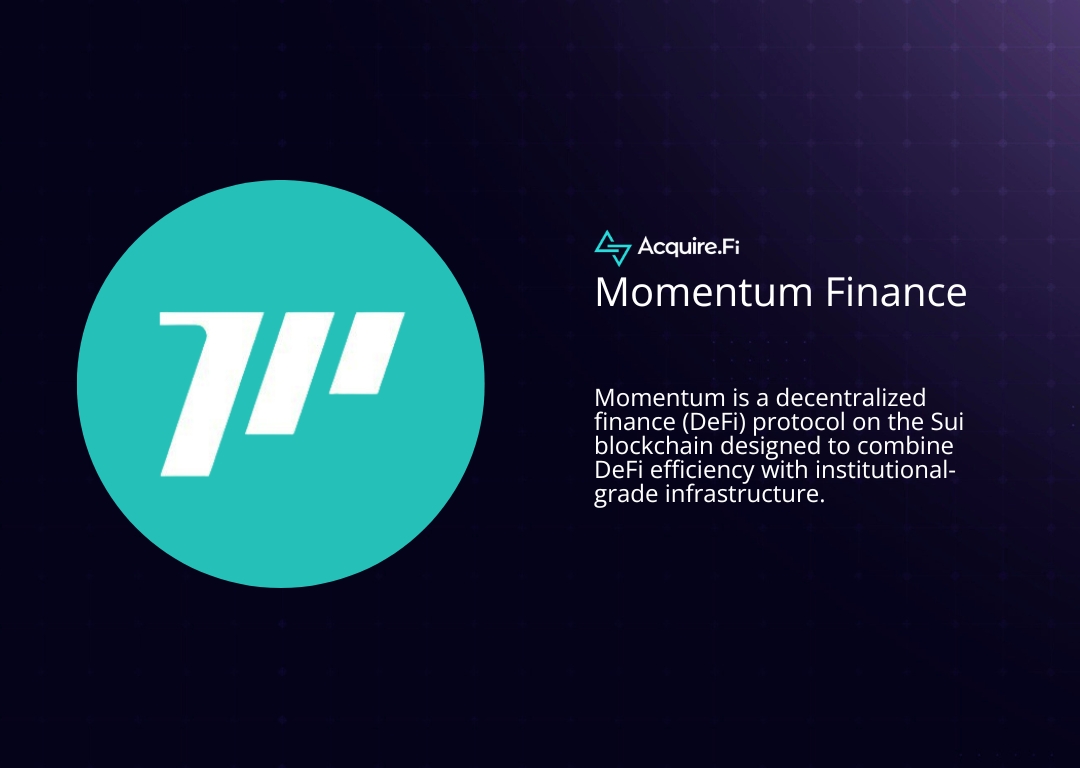What are the Benefits of a Hedge Fund Incubator
Hedge funds are one of the most popular investment vehicles for high net worth individuals and institutions seeking returns that outperform traditional investment options. However, the process of starting and sustaining a hedge fund can be challenging, especially for emerging managers. That's where a hedge fund incubator comes in - a platform that provides resources, structure, and guidance to support new hedge fund managers. This article explores the benefits of hedge fund incubators for emerging managers and investors.
Understanding Hedge Fund Incubators
Hedge fund incubators are organizations that offer business development services to emerging hedge fund managers. They provide operational and administrative support to startup hedge funds, helping them establish themselves in an increasingly competitive industry. Hedge fund incubators typically offer office space, access to infrastructure and resources, and support staff to manage the back-office functions of a hedge fund.
Definition of a Hedge Fund Incubator
Hedge fund incubators are essentially business accelerators for hedge funds. They provide emerging managers with mentorship, resources, and infrastructure to help them launch and grow their hedge fund businesses. The incubator model has been successful in other industries, such as tech and biotech, and is now gaining popularity in the hedge fund industry as well.
The Purpose of Hedge Fund Incubators
The primary purpose of hedge fund incubators is to support emerging hedge fund managers by providing them with the tools they need to be successful. This includes access to capital, infrastructure, and resources, as well as mentorship and guidance from experienced professionals. Incubators help emerging managers navigate the complex regulatory environment and provide support in areas such as compliance and risk management.
Hedge fund incubators also provide emerging managers with access to a network of investors, which can be critical to the success of their fund. By connecting emerging managers with investors, incubators can help them secure funding and build a track record of success.
In addition to providing support to emerging managers, hedge fund incubators also benefit the broader hedge fund industry. By helping new funds get off the ground, incubators contribute to the growth and innovation of the industry as a whole. They also provide a pipeline of new talent and ideas, which can help keep the industry fresh and dynamic.
Another benefit of hedge fund incubators is that they can help to democratize the hedge fund industry. Historically, hedge funds have been dominated by large, established players with significant resources. Incubators provide a pathway for emerging managers with innovative ideas to enter the industry and compete on a level playing field.
Overall, hedge fund incubators play a critical role in the success and growth of the hedge fund industry. By providing emerging managers with the tools they need to succeed, incubators help to drive innovation and competition in the industry. They also provide a pathway for new talent to enter the industry and contribute to its continued success.
Advantages of Hedge Fund Incubators for Emerging Managers
Emerging hedge fund managers face a number of challenges when launching their businesses. These challenges include finding capital, attracting investors, and navigating regulatory requirements. However, hedge fund incubators can help mitigate these challenges and offer a range of advantages for emerging managers.
Access to Capital and Resources
One of the biggest challenges for emerging hedge fund managers is raising capital. However, hedge fund incubators can help emerging managers secure seed capital, as well as provide access to a network of potential investors. This can be particularly helpful for managers who are just starting out and may not have a large network of contacts in the industry.
In addition to providing access to capital, incubators offer access to a variety of resources that can be essential for launching and running a hedge fund. This can include technology platforms, research databases, and other infrastructure necessary to launch and run a hedge fund. These resources can be expensive for emerging managers to acquire on their own, so having access to them through an incubator can be a significant advantage.
Professional Guidance and Mentorship
Incubators provide emerging hedge fund managers with access to experienced professionals who can offer guidance and mentorship on a range of issues pertaining to hedge fund management. This can include help with compliance and regulatory issues, as well as portfolio management and risk management strategies. Having access to this kind of guidance can be invaluable for emerging managers who are just starting out and may not have a lot of experience in these areas.
In addition to providing guidance and mentorship, incubators can also help emerging managers build their teams. This can include introducing them to potential employees or providing access to resources for recruiting and training staff.
Networking Opportunities
Networking is essential in the hedge fund industry, and incubators offer emerging hedge fund managers the opportunity to network with other managers and professionals in the industry. This can be invaluable for building relationships, sharing ideas, and staying up-to-date on the latest trends and strategies in the hedge fund industry.
Networking can also help emerging managers find potential investors or partners for their businesses. By attending industry events and conferences, managers can meet potential investors and build relationships with them over time.
In conclusion, hedge fund incubators offer a range of advantages for emerging managers. These advantages include access to capital and resources, professional guidance and mentorship, and networking opportunities. By taking advantage of these benefits, emerging managers can increase their chances of success in the highly competitive hedge fund industry.
Benefits for Investors
Investors can also benefit from hedge fund incubators in a number of ways:
Diversification of Investment Portfolio
Investors can diversify their portfolio by investing in a hedge fund through an incubator. The fund may employ investment strategies that are not available to the general public and can provide an additional layer of diversification to an investor's overall portfolio.
For instance, a hedge fund may invest in alternative assets such as real estate, commodities, or currencies. This can help to spread an investor's risk across different asset classes, reducing the overall volatility of their portfolio.
Additionally, hedge funds may use leverage to amplify their returns. This can be a double-edged sword, as it can also amplify losses, but when used appropriately, it can enhance returns and diversification.
Access to Innovative Strategies
Hedge fund managers in incubators are often developing new and innovative investment strategies. Investing in such funds can provide investors with exposure to unique strategies that may not be available through traditional investment options.
For example, a hedge fund may use a quantitative trading strategy that relies on complex algorithms to identify market inefficiencies. Alternatively, a fund may focus on socially responsible investing, seeking to generate returns while also making a positive impact on society.
By investing in hedge funds that are developing and testing new strategies, investors can potentially benefit from early access to the next generation of investment opportunities.
Potential for Higher Returns
Hedge funds have the potential to generate higher returns than traditional investment options. Investing in a hedge fund through an incubator can provide investors with access to these potentially higher returns.
However, it's important to note that higher returns come with higher risk. Hedge funds are often less regulated than other investment vehicles and may use complex strategies that are difficult to understand. As such, investors should carefully evaluate the risks and potential rewards of investing in a hedge fund before making a decision.
Furthermore, hedge funds often have high minimum investment requirements and may charge performance fees, which can eat into returns. As such, investors should carefully consider the fees associated with investing in a hedge fund and ensure that they are comfortable with the potential costs.
The Incubation Process
The incubation process is a crucial phase for emerging hedge fund managers. It involves a series of stages that are designed to help them establish their fund and achieve long-term success.
Selection Criteria for Hedge Fund Incubators
Incubators play a pivotal role in identifying and nurturing promising hedge fund managers. To ensure that they select only the best candidates, incubators typically have strict selection criteria. These criteria may include factors such as investment strategy, track record, and management team experience. By carefully screening potential managers, incubators can increase the chances of success for their portfolio companies.
Moreover, incubators often provide additional resources and support to their portfolio companies to help them navigate the complexities of the hedge fund industry. This can include access to legal and accounting services, marketing and branding support, and networking opportunities with industry experts.
The Role of Seed Capital
Seed capital is the lifeblood of any hedge fund startup. It is the initial funding required to launch a hedge fund and cover the costs associated with establishing the infrastructure needed to run the fund. Incubators provide emerging managers with the seed capital they need to get their fund up and running. This funding can come in the form of grants, loans, or equity investments.
Seed capital is critical for emerging managers as it enables them to focus on their investment strategy and build a track record of success. This, in turn, can help attract additional capital from institutional investors and high net worth individuals.
Performance Monitoring and Evaluation
Incubators closely monitor the performance of their portfolio companies. They provide regular feedback and guidance to help their managers improve their investment strategy and achieve their performance targets. If a manager is not meeting performance targets, the incubator may terminate the relationship. This ensures that only the best managers are selected and nurtured through the incubation process.
Performance monitoring and evaluation is an ongoing process that helps emerging managers refine their investment strategy and improve their performance. By providing regular feedback and guidance, incubators can help their portfolio companies achieve long-term success in the highly competitive hedge fund industry.
Conclusion
In conclusion, hedge fund incubators offer significant benefits to both emerging hedge fund managers and investors. For emerging managers, incubators provide access to capital, infrastructure, and resources, as well as mentorship and guidance from experienced professionals. For investors, incubators provide access to unique investment strategies and the potential for higher returns. The incubation process can be rigorous, but for those who make it through, the benefits can be significant.














.webp)